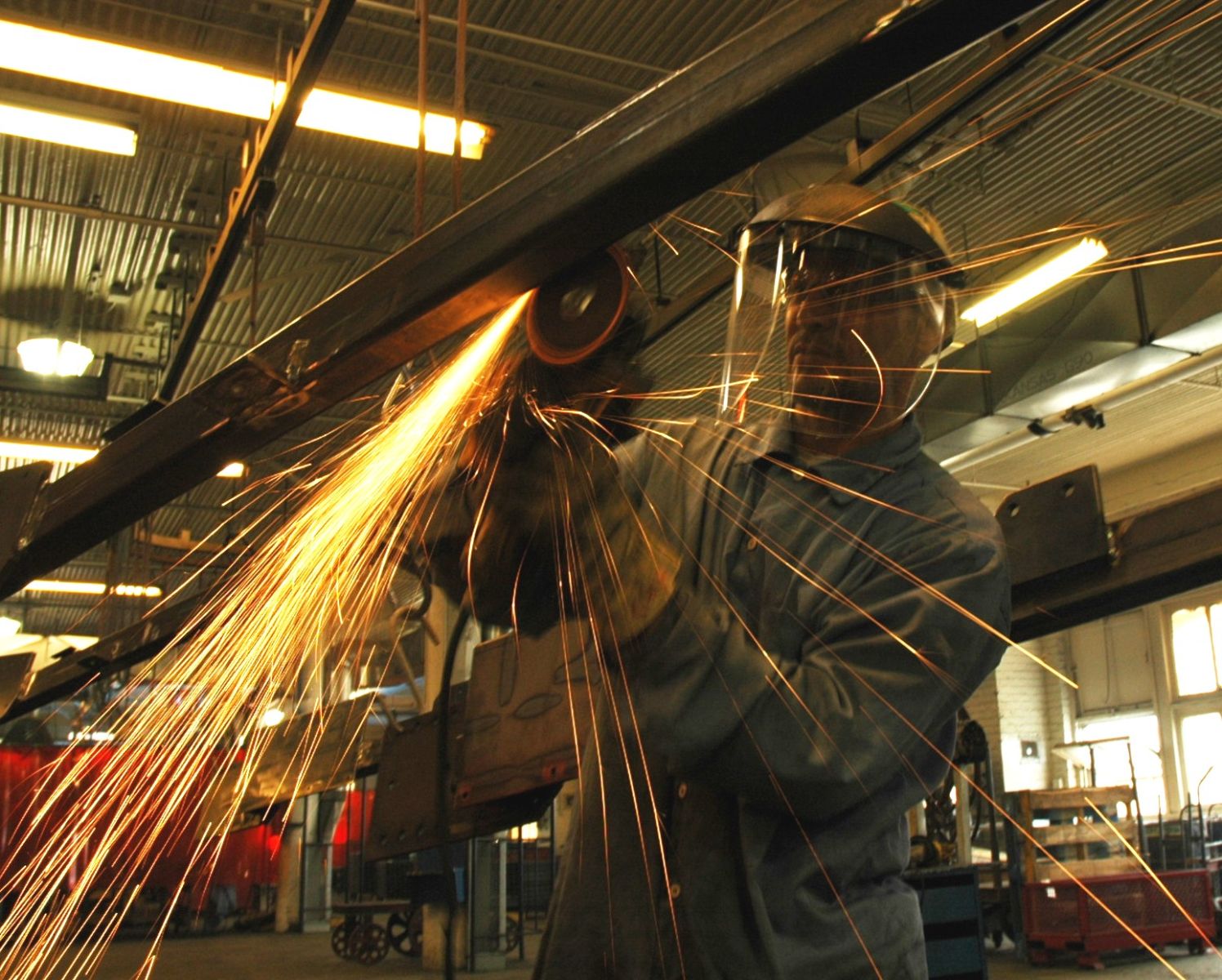Metal Fabricators - A Boon to Metallurgy

https://djhillengineering.uk/best-cnc-cutting-mid-glamorgan/ , we keep hearing of the word 'steel metal fabrication'. But have you ever wondered what metal fabricators are used for? This short article will offer you a glimpse into the world of fabrication and how it is fast becoming the next big part of metallurgy.
Because the term suggests, fabrication means constructing metal structures using cutting, bending and assembling. The processes of shearing, sawing and chiseling are used for the cutting part. The bending of the metal is performed by hammering or through the use of press brakes which can be done both manually and by using power. Last but not the least, the assembling process is conducted by welding, and attaching them with adhesive, riveting or threaded fasteners.
The metals which are essentially required for steel fabrication are structural steel and sheet metal. Besides these, one also requires welding wires, flux and fasteners to add the metal cut pieces. For the process of metal fabrication both human labor and automation is required. The final products can be purchased in shops which also focus on metal stamping forging and casting.
Steel metal fabrication can be used in various segments and we will explore various areas where it really is extensively used. It is generally used in fabrication and machine shops which basically deal with metal assembly and preparation. In these shops, metals are dismantled and cut and they also deal with machines and tools. Black smiths also utilize the procedure for metal fabrication therefore do welders to generate weldments. Boiler makers and mill wrights who setup saw and grain mills extensively also extensively make use of metal fabricators. The steel erectors or iron workers use prefabricated segments so that you can initiate the structural work and they are transported to the work site through truck and rail where they're installed by the erectors.

The manner of metal fabrication involves changing metals in one form to another. There are several classes of the fabrication process including structural, architectural, ornamental, recreational and artistic. Should you be interested in fabricating a metal you must determine whether it includes iron or is ferrous or whether it's non-ferrous. You have to choose the appropriate welding instrument that will correspond to the metal which you are going to fabricate. Before beginning the task you have to make a well-laid plan which includes the details relating to rolling, bending and bolting metal pieces together to produce a highly specialized structural piece of work.
